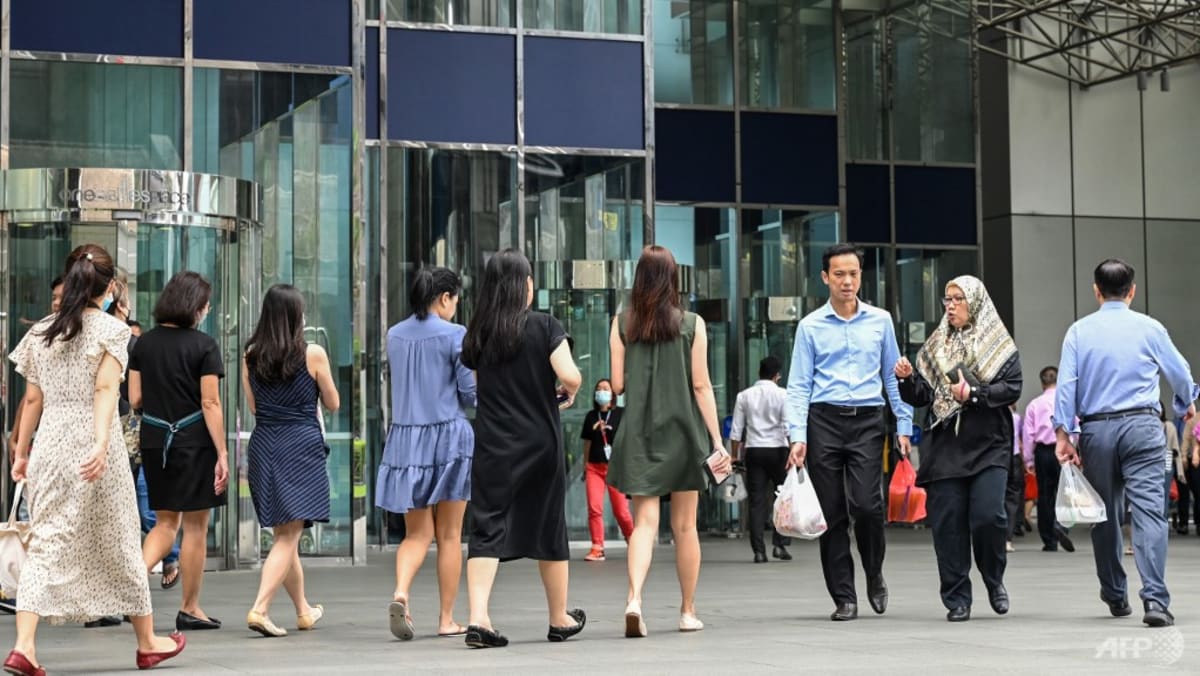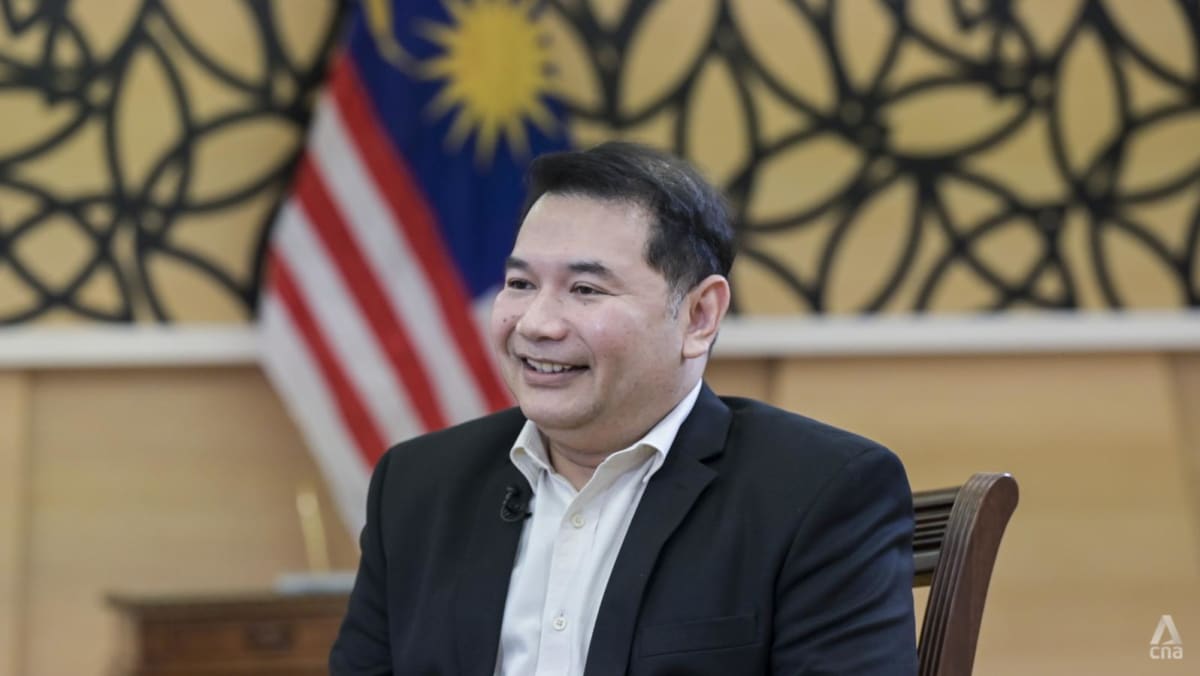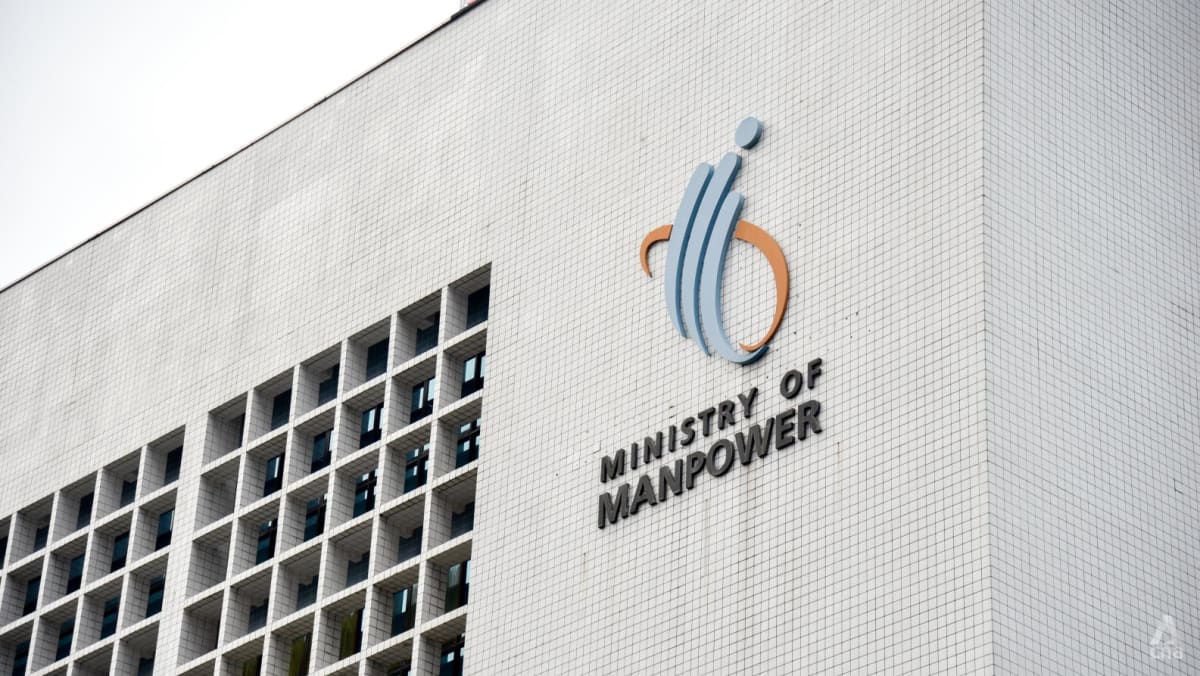To MP’s concerns about gaps in the Bill, Manpower Minister Tan See Leng replied that “we’ve only just begun”.
The minister had explained on Tuesday that the five areas covered by the Bill make up 95 per cent of complaints to the authorities, and that mediation by the Tripartite Alliance for Fair and Progressive Employment Practices (TAFEP) is still available to those who fall outside those areas. The law covers discrimination based on age, nationality, race and gender, among other characteristics.
“I want to emphasise again that this Bill is just the start. TAFEP will track, analyse, and share information on the complaints and cases received and resolved – both under the Bill and the TGFEP (Tripartite Guidelines on Fair Employment Practices). This will allow us to more meaningfully discuss and decide on our next moves,” he said.
However, MPs pointed out that the clause on gender includes discrimination due to marital status, pregnancy or caregiving responsibilities, but discrimination because of sexual orientation and gender identity are not, prompting some to question why the lesbian, gay, bisexual and transgender (LGBT) community was excluded in the Bill.
Mr Louis Ng (PAP-Nee Soon) said studies show that such employees already face significant workplace discrimination.
“Are we telling LGBTQ people that they are not protected from workplace discrimination based on sexual orientation and gender identity? Are we telling employers that it is okay to discriminate against someone because of their sexual orientation and gender identity?” he asked.
Nominated MP Usha Chandradas also expressed the concerns of LGBT members from the arts community about this exclusion.
“Taken to an extreme, some might interpret this as the government condoning this kind of workplace discrimination. It could also inadvertently signal to employers that such discriminatory practices will go largely unpunished,” she said.
On Tuesday, Ms He Ting Ru (WP-Sengkang) had also called for discrimination against LGBT workers to be included in the Bill. This exclusion seems “at odds” with ministerial statements made during the repeal of section 377A of the Penal Code that “gay people deserve dignity, respect, acceptance” and “do not deserve to be stigmatised because of their sexual orientation”, she said.
Dr Tan said that workplace discrimination is not tolerated, including towards LGBT individuals and such cases will continue to be handled under TGFEP.
However, there has always been difficulty in reaching a consensus on this issue, he said, noting that even the WP found it hard to take a “unified party position” on the repeal of 377A.
He asked if Ms He’s “emphatic support” for the inclusion of discrimination against LGBT workers is representative of the Workers’ Party stance.
“Let us focus our attention and energies on providing concrete support to our workers, while we build up our expertise and experience in managing such issues under the law,” said Dr Tan.
WP chief Pritam Singh said in response that the party stands behind Ms He on this as discrimination at the workplace is a separate issue from the repeal of 377a. He noted that TGFEP will address discrimination due to sexual orientation, but hopes this can be included in future iterations of the law.
AGE, DISCRIMINATION BY ASSOCIATION
On ageism, which a number of MPs brought up, Dr Tan said that he agrees with MPs that there is a need to address age discrimination and change mindsets towards senior workers.
“This requires a multi-faceted approach including adopting age-friendly workplace practices and addressing ingrained perceptions of ageism,” he said.
A number of MPs, including Mr Singh, had asked why the Bill excludes discrimination by association – when a worker is discriminated against because of his or her connection to someone. An example is when he or she faces discrimination because of the spouse’s race.
Dr Tan said that this was mainly because it would be hard to draw a line where discrimination by association would start or end, as it could extend to one’s friends or anyone the person has links to.
“Legislating against this has far reaching implications that we cannot anticipate and address, and creates a culture of suspicion and distrust between employers and employees. Hence, we started with a tightly scoped Bill to avoid litigiousness and provide meaningful protections,” he said.
To Mr Singh’s question from Tuesday on whether TAFEP had encountered such cases, Dr Tan said, to his knowledge, it has not encountered cases of discrimination by association.
Dr Tan also addressed queries from Mr Muhamad Faisal Manap (WP-Aljunied).
Mr Manap asked whether Muslim men being denied permission to attend Friday prayers and Muslim women being asked to remove their tudungs would be considered discrimination on the basis of religion.
Dr Tan said the Bill is not about legislating whether a firm must or must not allow someone to go for Friday prayers, or accede to practices and requests for any other religion.
There are many operational details and implications, and such issues are best addressed through open communication and dialogue on the worker and employer’s needs.
“But if a person goes for Friday prayers and is fired for being religious and not because of performance, then it is discriminatory under the law,” he said.
The manpower ministry said that while there is now legal recourse for workplace discrimination, it will still take an “education-first approach” to cultivate the right mindsets among employers and workers.
“The Bill introduces calibrated enforcement levers that allows the government to take action based on the severity of the breach,” said the ministry.
“These include issuing directions to attend educational workshops, administrative financial penalties, and heavier civil penalties. This balanced approach aims to deter misconduct and promote compliance among the small group of errant employers.”
The Workplace Fairness Act will be implemented sometime in 2026 or 2027.














